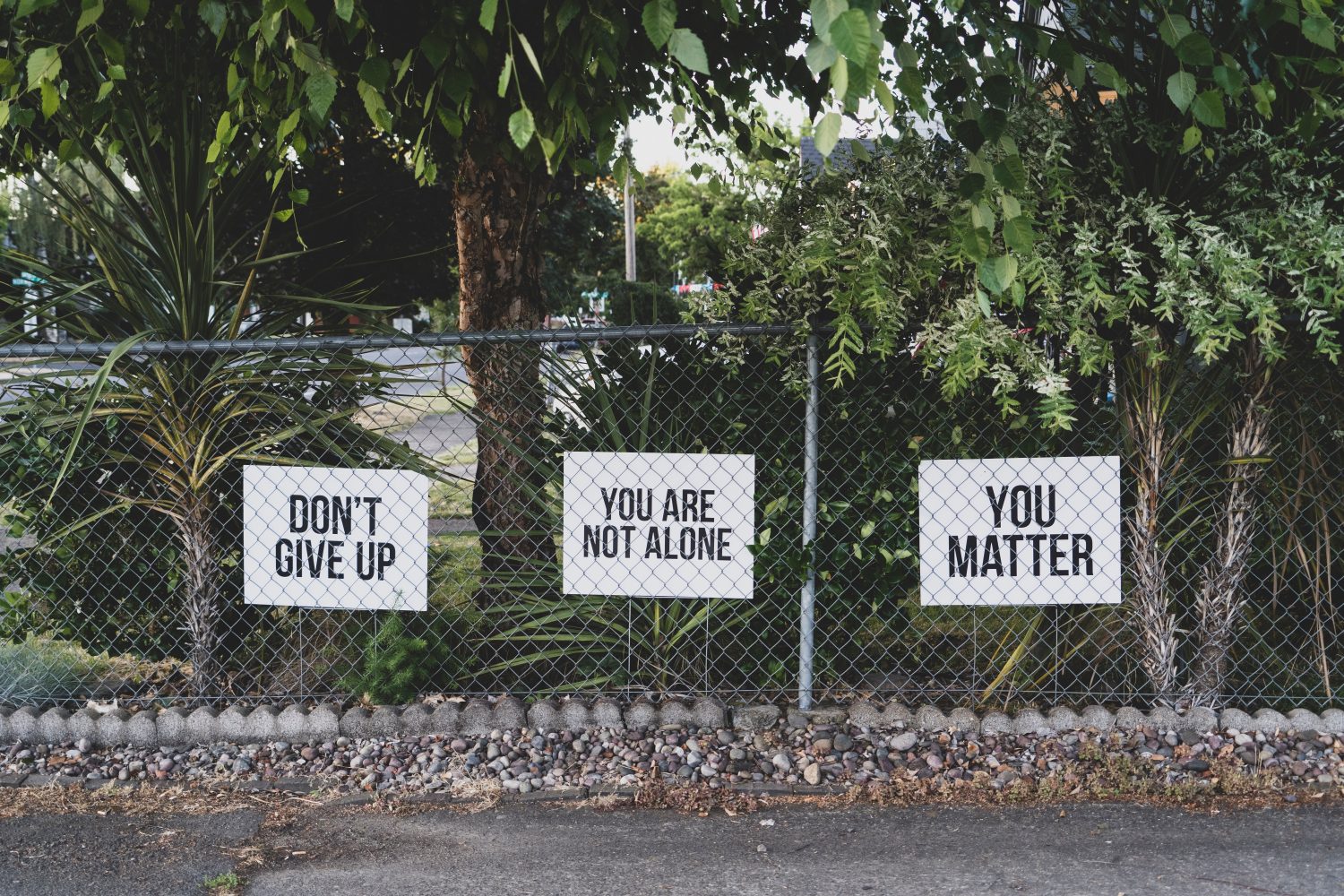You have plenty of options.
There are more paths to recovery now than there ever have been before- with so many different types of treatment, someone seeking recovery for their drug or alcohol addiction is bound to find a program or group that they like. However, this also means looking for treatment can be a bit overwhelming. So, let’s take a closer look at the types of treatment available.
- Long-term residential treatment: This is the traditional ‘rehab center’ setting. Patients stay for 6-12 months and participate in a highly structured program with 24-hour care that focuses on understanding addiction and taking accountability for it. Long-term facilities like employment training and relational counseling may offer more comprehensive care. “Every day you have without a drink or drug in your system is a positive,” says In The Rooms co-founder Ron Tannenbaum,” and “[long-term residential treatment] allows you to build up those drinkless, drugless days.”
- Short-term residential treatment: Similar to long-term residential treatment, short-term residential treatment uses the 12-step approach for a more intense approach to recovery. Patients stay 3-6 weeks, and the treatment facility may be in a hospital. Additionally, these types of programs have lengthy outpatient programs that follow.
- Outpatient treatment programs: Outpatient programs can vary in length and intensity and are often used as a follow-up to inpatient residential programs or in tandem with group counseling. They are less expensive and less demanding than inpatient programs, but they may not be as effective as inpatient programs.
- Individual drug counseling: Individual drug counseling focuses on short-term behavioral changes and is typically used in tandem with group counseling. This type of counseling is individualized and can focus on specific areas of healing (relational, social, emotional, professional, etc.) for the patient. Counselors can also make referrals to other types of treatment as needed.
- Group counseling: Group counseling often follows programs like AA, NA, Life Ring, or Women in Recovery. A group meets weekly and discusses its members’ personal experiences with substance abuse and addiction. It is led by someone with group counseling experience or a licensed facilitator or counselor. These programs offer long-term, consistent accountability to those in recovery.
- Telehealth/online recovery: A newer treatment method, online recovery is especially helpful for those who cannot access more traditional treatment methods due to location or physical ability. It can involve apps, virtual counseling sessions, or online meetings. Online recovery is also helpful when used in conjunction with other treatment methods like group counseling or outpatient programs.
There are many recovery options, and different ones can work for people of different backgrounds and ways of life. These programs are not exclusive, either—many can be done at the same time or as a next step. This is not an exhaustive list, and more information on different types of programs is available. To learn more, a great resource is the National Institute on Drug Abuse’s “Principles of Addiction Treatment.”









1 Comment
Pingback: Do I Have An Alcohol or Drug Problem?